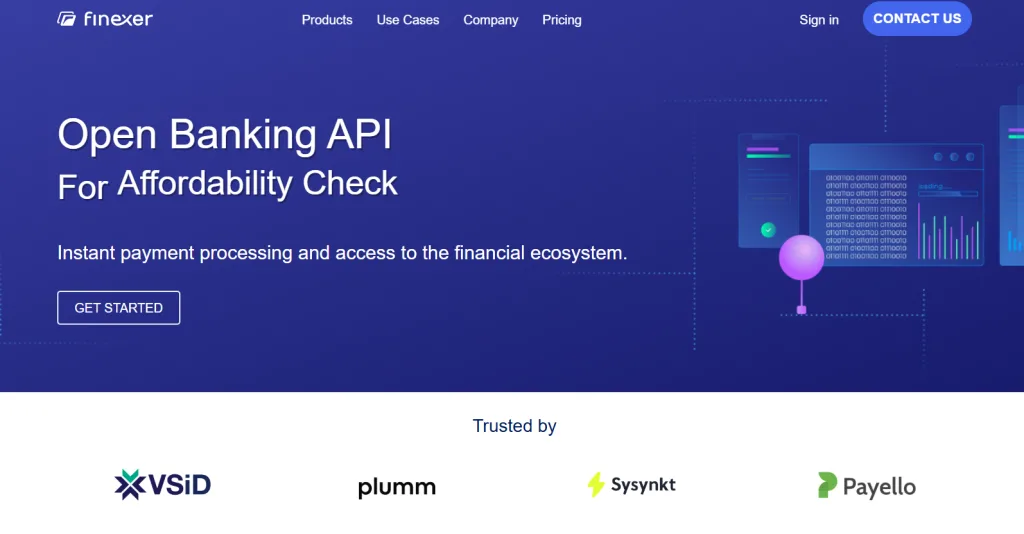workflows. Between tracking receipts, verifying transactions, and matching card payments, finance teams often lose entire days to admin that could easily be automated.
According to SME Business News (American Express Research, 2023), UK small and medium businesses waste over 11 hours every month, the equivalent of more than three working weeks a year, managing expense claims manually. That inefficiency doesn’t just slow down reporting; it also delays reimbursements, reduces policy compliance, and increases the risk of duplicated or missing entries.
Today, real-time bank data is transforming how accountants handle expense claims. Instead of waiting for employees to submit forms or attach receipts, accountants can now see verified transactions instantly through Open Banking feeds. This shift enables faster approvals, instant reconciliation, and complete visibility across every claim without the repetitive data entry that used to bog teams down.
1. Instant Transaction Matching
Traditional expense claims often depend on employees uploading receipts and entering figures manually. This process is slow, error-prone, and leaves finance teams chasing missing details.
With real-time bank data, those issues disappear. Each time a purchase is made, the transaction appears instantly within the accounting platform through an Open Banking feed. Every expense claim is automatically matched to its verified payment record, complete with merchant information, amount, and category.
This direct connection removes the need for manual reconciliation. Accountants can review, approve, or flag claims using verified bank data instead of relying on spreadsheets or card statements.
Because every transaction arrives pre-categorised, common claim types such as travel, accommodation, or meals are assigned correctly the first time. The result is faster processing, fewer mistakes, and a clear audit trail for every expense claim submitted.
2. Preventing Duplicate or Fraudulent Claims
Duplicate expense claims often slip through when teams rely on spreadsheets or paper receipts. Employees may accidentally submit the same claim twice, or details might be entered incorrectly. These small errors add up, causing confusion and extra work for accountants.
Using real-time bank data solves this problem. Each transaction comes directly from the bank, showing exactly what was spent and when. Any claim that doesn’t match a verified transaction can be flagged automatically.
This means every expense claim is checked against trusted financial data before it’s approved. The result is fewer mistakes, faster reviews, and complete confidence that all claims are accurate and legitimate.
3. Real-Time Policy Enforcement
Company expense policies are often well-written but rarely followed in real time. Employees might spend outside set limits or claim items that don’t meet company rules simply because there’s no instant check in place.
By linking expense claims directly to real-time bank data, policy enforcement becomes automatic. Every transaction is validated as it happens, ensuring it aligns with spending limits, categories, and approval rules.
For example, if a travel policy caps meals at £50 per day, any claim exceeding that limit can be flagged immediately. Finance teams no longer need to review each claim manually — the system does it for them.
This approach not only speeds up approvals but also ensures every expense claim stays compliant from the moment it’s made, reducing end-of-month corrections and policy disputes.
4. Streamlined Reconciliation for Accountants
Reconciling expense claims at month-end is often one of the most time-consuming parts of accounting. Matching every claim to card statements, invoices, and receipts can take hours — especially when data arrives late or in different formats.
With real-time bank data, reconciliation becomes almost instant. Each expense claim is automatically matched to its corresponding bank transaction, complete with verified merchant details and timestamps. Accountants can see approved expenses, payments, and reimbursements in one view without manually cross-checking records.
When transactions are linked directly to Open Banking feeds, there’s no need for manual uploads or chasing missing entries. This not only saves time but also improves accuracy in financial reporting.
For UK accounting teams, this shift means the reconciliation process moves from a monthly task to a continuous one — faster, simpler, and fully backed by verified data.
5. Better Cash Flow Visibility
Most businesses only see the full cost of expense claims at month-end, which makes it difficult to track spending in real time.
With real-time bank data, every approved claim updates instantly, showing what has been spent and what’s pending. Accountants can view all expenses by category — travel, meals, or supplies without waiting for reconciliations.
This live view helps finance teams plan budgets more accurately and avoid unexpected cash gaps. When expense claims feed directly from verified bank data, cash flow stays clear, current, and easy to manage.
Finexer: Real-Time Expense Claim Automation for UK Accounting Teams

Finexer helps accounting firms manage expense claims with live, verified data from over 99% of UK banks. Its Open Banking API connects directly to business accounts, allowing every transaction to appear instantly in your accounting platform.
Finance teams can see which claims are pending, approved, or reimbursed — all backed by verified bank feeds. Finexer’s categorisation tools also make it easy to tag expenses automatically, removing the need for manual uploads or spreadsheet checks.
With usage-based pricing, flexible integration, and no setup fees, Finexer gives firms of any size the ability to automate expense claims quickly and securely.
Is Open Banking secure for managing expense claims?
Yes. Open Banking is FCA-regulated and fully encrypted, ensuring every expense claim uses verified, consent-based bank data.
Can small firms automate expense claims too?
Yes. With tools like Finexer, small accounting firms can automate expense claims using simple, secure API integrations.
Give your accounting team instant visibility, accurate reporting, and faster approvals — all from one secure connection.
